What Do Rabbits Eat?
What do rabbits eat? Rabbits eat plants. They are herbivores. They don’t eat meat.
Cottontail rabbits forage in weedy pastures and low dense clumps of trees or shrubbery. They eat:
In the dead of winter, they’ve been known rarely to scavenge carrion during scarce times.
Our domestic rabbits are nothing more than the 'cottontails' - the wild rabbits - of Europe. They forage just like their American cousins do.
What do rabbits eat today?
Wild rabbits don’t get the convenience of a commercial pellet feed, but our domesticated rabbits that live with us can definitely benefit from the complete nutrition offered in commercial rabbit pellets.
Feed your rabbit an amount of rabbit pellets appropriate for its weight, along with free-fed grass hays (timothy, orchard, oat). Fresh, raw, organic (pesticide-free) vegetables can also make up part of the rabbit's rations, if you like.
Go really easy on fruits as treats.
Rabbits like to chew a lot. They'll appreciate it if you give them a piece of wood or untreated plywood to chew on. It might help keep them from chewing on your furniture, electrical cords and phone wires. They don’t usually realize those items aren’t on the menu.
What do rabbits eat, especially PET rabbits? A pelleted rabbit feed such as Sherwood Forest brand feed is ideal for pet rabbits. It is formulated two ways, to meet the needs of both bunnies and adult rabbits.
Currently the best commercial rabbit food available in the USA:
Bunny Branola - Ultimate Rabbit Nutritional Supplement, and Treat!
What rabbit wouldn't love Bunny Bran??!
One Tablespoon per day of this tasty and nutritious rabbit food supplement sprinkled on their regular food is all a bunny needs to be happier and healthier.
- Bunny Branola makes fur softer and shinier, teeth and tummies healthier, and helps relieve stress due to scary things like barking dogs, new situations, or ultra cold winters.
- Bunny Branola is a wonderful rabbit superfood supplement for pregnant bunnies and growing bunnies.
What do Rabbits Eat at These Pet Rabbit Life Stages...
- Weanling bunnies and youngsters up to adulthood can be free-fed pellets and alfalfa hay. If you plan to supplement rabbit pellets with fresh raw veggies, 12 weeks old is a good age at which you could start doing so. Go easy at first. Bunnies still maintain a delicate balance between good bacteria and dangerous ones at 12 weeks. Too much fresh stuff at first may give your rabbit a case of the trots, which can be fatal. If your rabbit’s droppings start getting loose, back off the fresh green stuff for a while.
Very sweet fruits like bananas and apples should be avoided or fed only tiny amounts as a very special treat.
Caveat: Bunnies can eat what their mamas are eating. Meaning, if the rabbit breeder feeds fresh forages to the lactating doe, its young unweaned kits can also safely nibble the forages the doe is eating. (Organic only; never pesticides and no GMO if at all possible.)
Therefore, if you're lucky enough to purchase a youngster as a pet that has been eating green forages for weeks already, this is a practice you can continue, if you like. Be sure to inquire from the breeder as to what foods the bunny had been eating, and request any feeding guidelines the breeder would recommend going forward. Bunnies that have been on fresh forages usually transition handily to pethood. - Young adult rabbits should receive approximately 1 ounce of pellets per pound (of rabbit) daily, plus sufficient timothy, orchard or oat hay for the rabbit to eat at will. The idea is for the rabbit to maintain its ideal adult weight while being sufficiently nourished. My 8-pound Rex rabbits get roughly 8 ounces of pelleted feed daily.
Rabbit pellets are usually a complete rabbit feed. The only remaining nutritional need for the rabbit is fiber. Timothy and grass hays provide a LOT of fiber and a small amount of nutrition, while alfalfa hay is very high in protein and other minerals and nutrients, along with fiber. If you only have access to alfalfa for your pet rabbit, feel free to feed it, but you might then cut the pellet ration in half. Your pet's weight and conditioning is what will guide the amounts you feed.
If you choose to feed people-food, you can increase your rabbit’s intake of veggies at adulthood - up to a cup a day. If so, you can cut the pellet ration by 1/3 to 1/2, always aiming to maintain the rabbit's weight at the ideal and ensure optimal nutrition and immune system health.
Rabbit pellets are designed as a complete feed. Nothing says you must feed anything other than pellets and hay.
Don't forget - rabbits are rabbits. They are not people. They don't think like people. They show no signs of being dissatisfied with their pellets-and-hay diets. In fact, it is likely that pellets provide more complete nutrition than rabbits are able to find in the wild, as long as the pellets are fresh. - Check the info on our Pet Safe Plants page if you like feeding veggies and forages in addition to rabbit pellets.
Feeding Your Rabbits (With or Without Pellets)
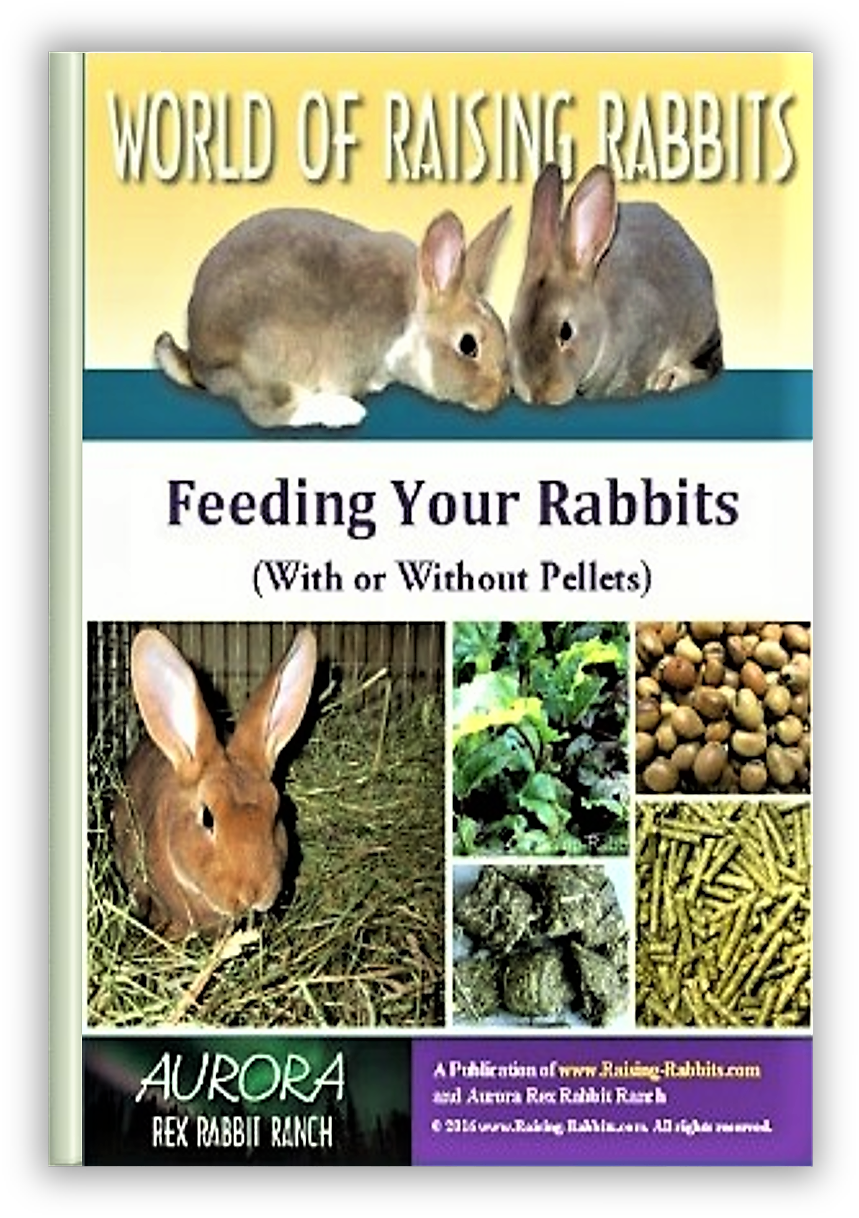
Feeding Your Rabbits is our guide on everything you need to know about a healthy rabbit diet. It includes information about store pellet feed or a home forage diet so you can choose the right fare for your hare.
Feeding Your Rabbits offers information about feeding your rabbits at all stages of life, including bottle feeding newborn babies, normal feeding of all your rabbits, extra nutrition for pregnant and nursing does, health-enhancing supplements, and much much more. It is useful whether you wish to supplement the normal commercial rabbit pellets, or you wish to completely replace those pellets.
A healthy diet really does help ensure your rabbit lives its best life.
Click here for more information, or...
Click here to purchase Feeding Your Rabbits With or Without Pellets!
Your purchase is 100% Risk Free. See our Double-Value Guarantee below.
Have you heard that you shouldn't feed alfalfa hay to adult rabbits?
- Alfalfa hay is high in protein, making it an excellent forage for lactating does and their young kits, IF their commercial pellets are not alfalfa-based. (Feeding pellets and supplemental alfalfa may result in an imbalance of calcium with phosphorus. In this case, feed grass hays.)
- For a pet rabbit, don't be afraid to give alfalfa, but don't free-feed it either, as the rabbit may gain excess weight if it is not very active.
- Rabbits have excellent calcium-excreting mechanisms, as evidenced by the opaque solids in their urine. This is NORMAL, and not a problem. Alfalfa under normal circumstances poses no problems.
- In the wild, rabbits usually fall victim to predation by age 18 months, on average. Only pet rabbits get the (unnatural) chance to live to 10 years old. As your pet rabbit ages, your rabbit-savvy vet will be able to monitor your rabbit's kidney function, and advise you about the wisdom of feeding alfalfa.
- Important caveat: Feed only non-GMO alfalfa to avoid serious health challenges.
- Mature adult rabbits can be expected to eat a bit less than they did in their earlier prime. If you find the rabbit is leaving food behind, then don't feed it as much the next day. This suggestion presupposes the rabbit is otherwise active and healthy, of course. Always provide a handful of grass hay every day. Go easy on the treats, especially on fruits - a couple teaspoons per day at most.
- Old rabbits over 6 years old should be fed as mature adults as long as their weight stays constant. If your old rabbit starts losing weight, increase the amount of pellets a bit.
What do Rabbits Eat -- If Overweight?
Some pet rabbits have a propensity to gain weight due to indulgent owners, while other pet rabbits will
self-regulate, eating what they need and no more. If your rabbit has become overweight, restrict and monitor the rabbit's intake, as follows:
- No More Treats! Especially not fruits.
- Reduce the pellet ration.
- Give all the grass hay the rabbit wants (not alfalfa)
- Reward your rabbit with chew toys rather than with food.
What Do Rabbits Eat When Raised as Show Rabbits
What do rabbits eat if raised for show?
The breeders of show rabbits typically follow a feeding protocol aimed at maintaining rabbits well-conditioned and in the peak of health, but not overweight. This frequently involves feeding a commercial pellet almost (but not quite) exclusively, with the rations topped off with a teaspoon or so of a conditioning formula intended to keep the rabbit in peak health, its coat glossy and healthy, and its flesh well toned.
What do rabbits eat at Aurora Rex Rabbit Ranch? Check it out at our Rabbit Diet page
Our Conditioning Rabbits for Show page holds valuable feeding and conditioning information for owners of not only show rabbits, but also meat rabbits and pet rabbits.
Double-Value Guarantee
Our policy is to always OVER-deliver
on value,
which is why your purchase is fully covered by our
Double-Value
Guarantee.
Go ahead - take any of our e-books for a test drive. Peruse our detailed informational and educational e-books. Examine our plans for building rabbit cages, runs, or metal or PVC hutch frames. Check out the Rabbit Husbandry info e-books.
If you aren't completely satisfied that your e-book purchase is worth at least double, triple or even quadruple the price you paid, just drop us a note within 45 days, and we'll refund you the entire cost. That's our Double-Value Guarantee.
Note: When you purchase your
e-books, they will be in PDF format, so you can download them to any device that
supports PDF format. We advise making a back-up copy to a drive or cloud
account. If the books are lost, you can also purchase another copy from Raising-Rabbits.
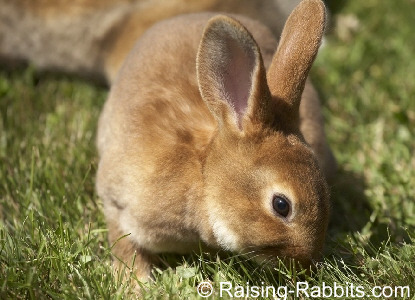
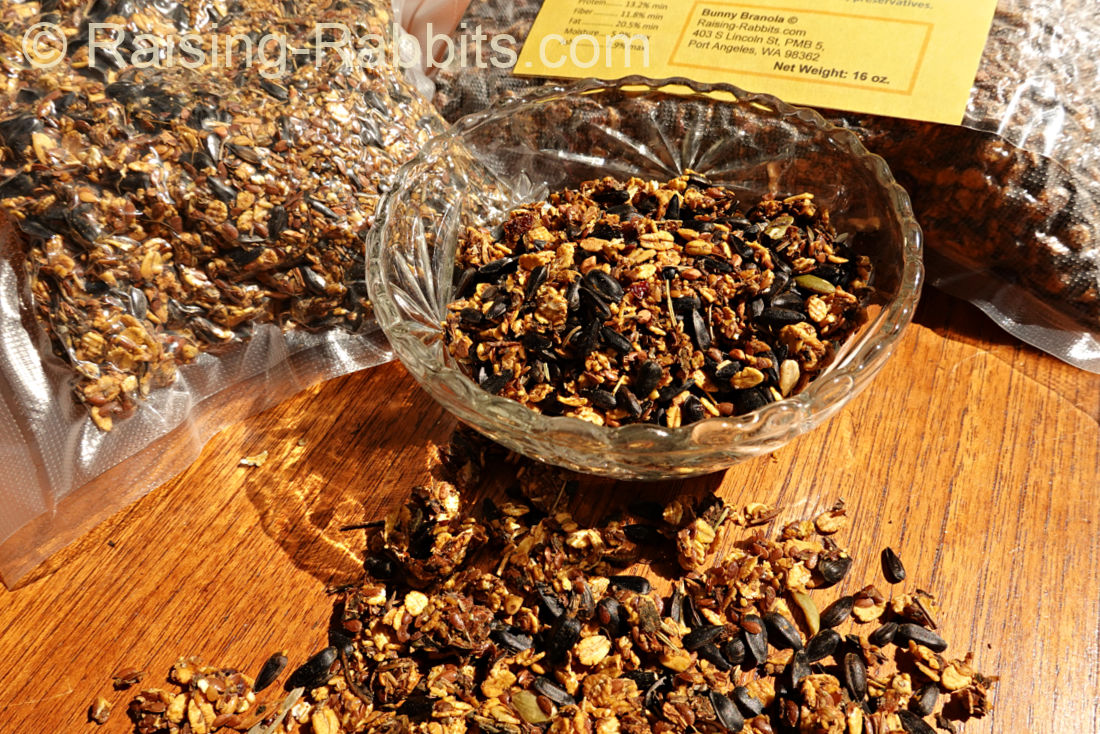
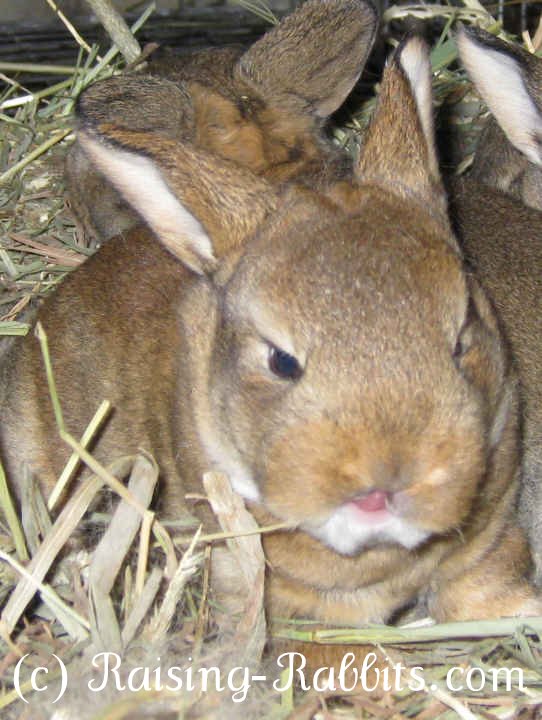
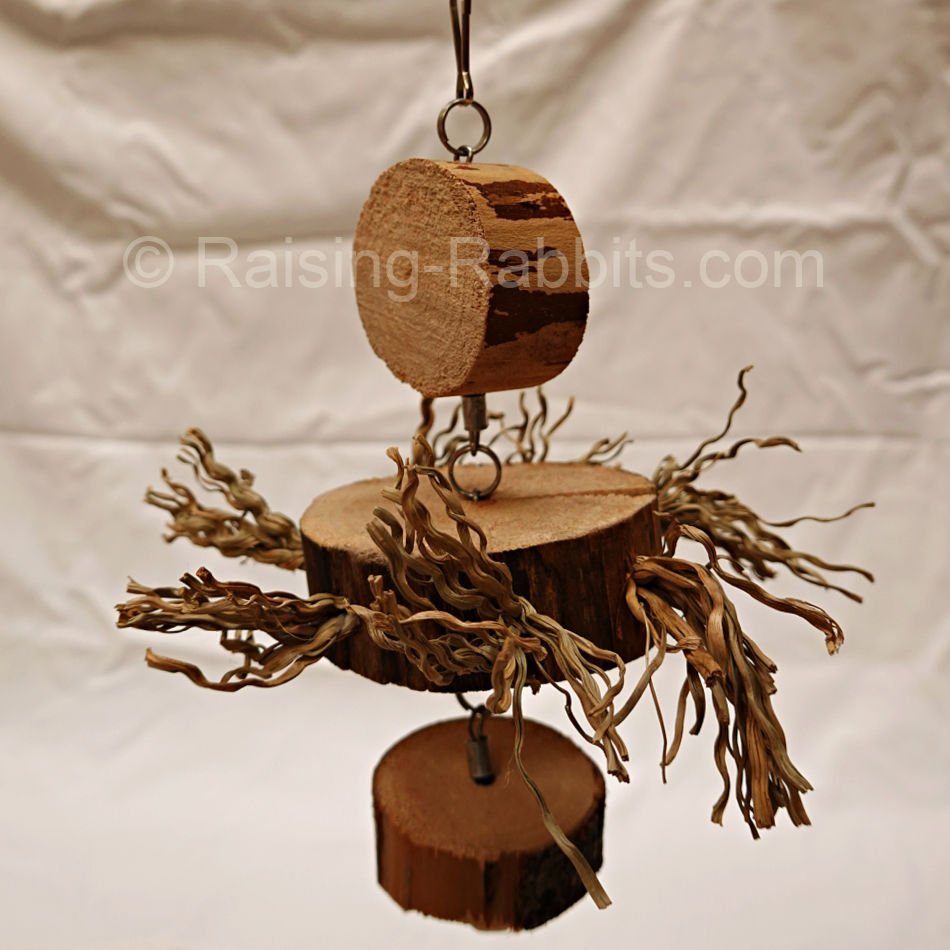
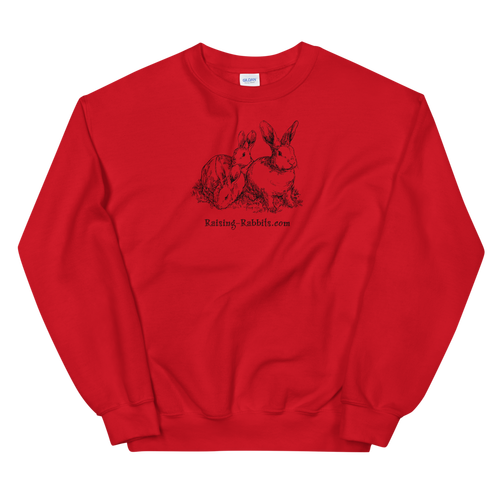


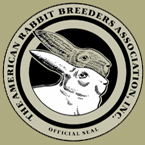


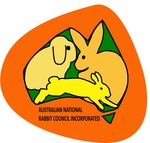



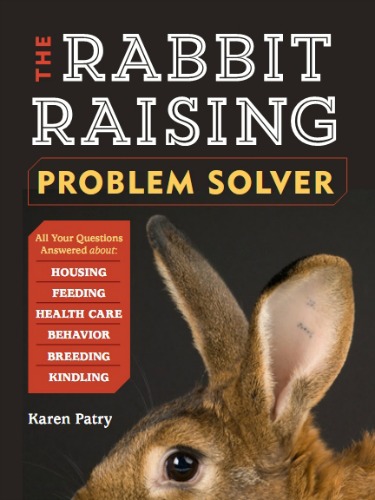

New! Comments
Have your say about what you just read! Leave me a comment in the box below.